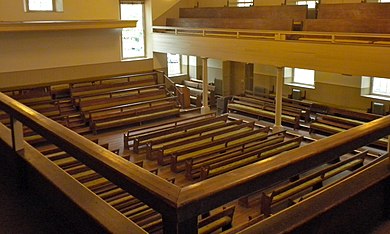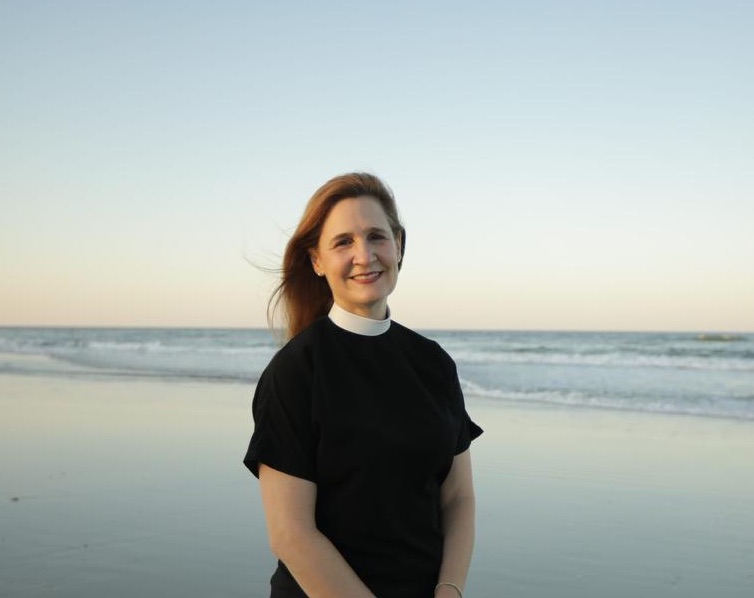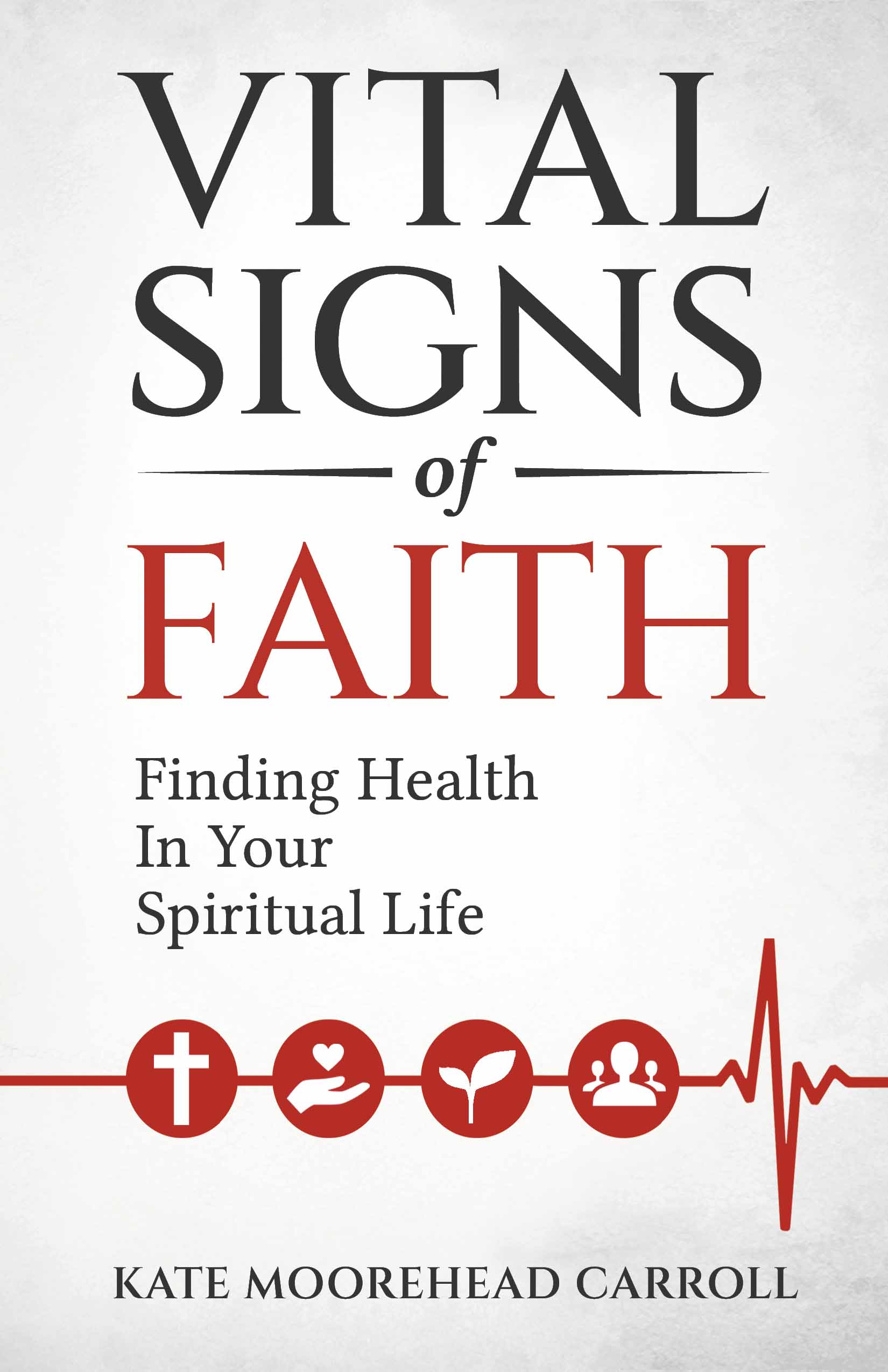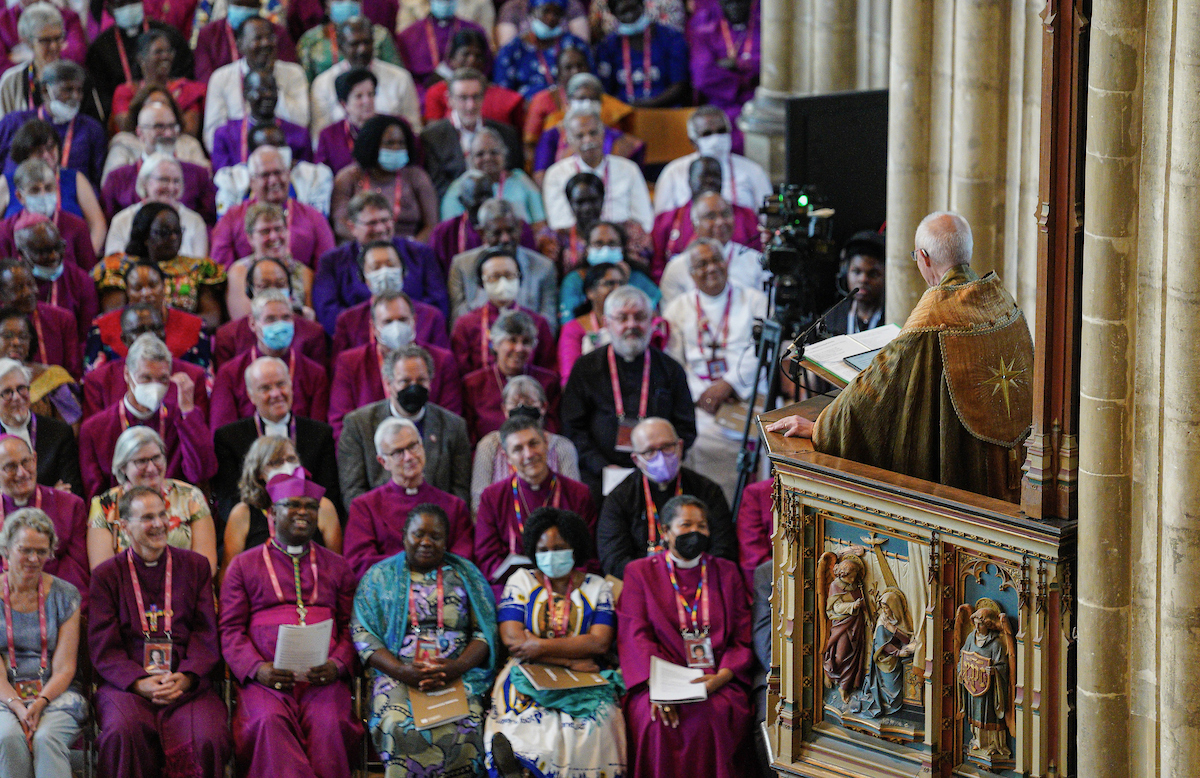
Interior of the Arch Street Friends Meeting House in Philadelphia, built in 1805. Public Domain.
We just launched Introducing the Quaker Tradition with Gary Gillespie and Sarah Bur For Individuals and For Groups.
The Religious Society of Friends, informally known as Quakers, emerged as a Christian Protestant denomination during the English Civil War in the 1600s when many different approaches to the Christian experience were formed. Many Quakers moved to North America, where they were able to thrive in some colonies (most famously Pennsylvania) but were persecuted in others (notably the New England colonies).
Today, Quakerism takes a unique space in the American religious landscape. It is rooted in Christianity but when you ask if Quakers are Christians today, the answer varies. Quaker.org, a website run by the nonprofit Quaker organization that publishes the Friends Journal, writes, “Most Quakers believe in… something. It’s when you ask if that something is ‘God’ that the answer becomes more complicated.” Across the world, Quakers range from groups that would describe themselves as Christians to groups that make no representations about what exactly their members believe.
What unifies the Quaker experience? Most Quakers emphasize listening. Contemplative prayer focused on discerning the word of God for the world, the meeting, and the individual is central to the religious Quaker experience. Likewise, Quakers practice nonviolence and value simplicity, especially in worship. Quaker meetings also tend to emphasize inclusiveness. In the U.S. Quakers have historically advocated for equality and justice; for example, many Quakers were abolitionists and later, passionate advocates for racial justice during the Civil Rights Movement.
In this class, Quakers Gary Gillespie and Sarah Bur describe the contemporary American Quaker experience. They discuss basic history, beliefs, values, worship style, and other important elements of Quaker life and worship today. This course is ideal for anyone interested in learning more about different ways of approaching Christian faith and worship.




